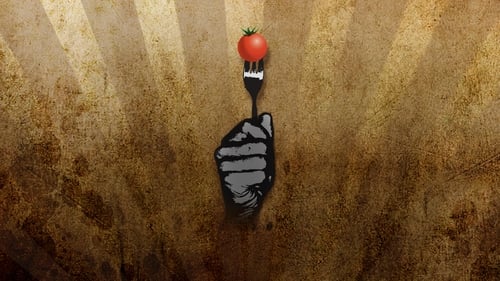Gene Baur
History
From Wikipedia, the free encyclopedia.
Gene Baur (formerly Gene Bauston) is an activist, best-selling author, and president and co-founder of Farm Sanctuary, the first animal rescue organization dedicated to farmed animals. He is vegan and has been at the forefront of animal rights since he began the Sanctuary in 1986.
Baur grew up in Hollywood, California, and went to Loyola High School (Los Angeles). He attended Cal State Northridge where he obtained a bachelor’s degree in Sociology. He paid for college in part by doing background work in television and movies, including commercials for McDonalds and KFC, about which he later expressed regret. During high school and college, he had various jobs, including dishwasher, day laborer, bartender, and teacher, and he volunteered to help children suffering from terminal illnesses as well as abused adolescents. He also participated in the efforts of human rights, animal rights, consumer and environmental organizations. In the 1980s he began investigations into factory farms, stockyards, and slaughterhouses. Baur felt the conditions he observed were unacceptable, and these experiences helped motivate the creation of Farm Sanctuary. The sanctuary's first rescued animal was a downed sheep found on a pile of dead animals behind Lancaster stockyards in 1986.
Baur's investigative exposés and advocacy efforts on behalf of farm animals have earned international media coverage, including ABC, NBC, CBS, CNN, the Los Angeles Times, and the New York Times. TIME called Baur, "the conscience of the food movement."
Baur later obtained a Master's degree in agricultural economics from Cornell University, in order to better understand factory farming. He has testified before local, state and federal legislative bodies, and appeared on various expert panels. In 1996, The Peace Abbey awarded Baur with its Courage of Conscience Award, other recipients of which include Rosa Parks, Mother Teresa, Ram Dass, and Pete Seeger.
He played a key role in the passage of several animal-protection ordinances, including a 2004 California law banning the production and sale of foie gras,[8] and a 2002 Florida initiative banning gestation crates. After the Florida campaign the Florida Elections Commission found that Farm Sanctuary, and Gene Bauston personally, had willfully broken campaign finance laws. Farm Sanctuary and Gene Baur consented to pay a fine of $50,000. More recently, he was instrumental in passing a 2006 (repealed in 2008) Chicago ordinance banning the sale of foie gras[ and a 2006 ballot measure in Arizona banning gestation crates and veal crates. Gene and Farm Sanctuary were key sponsors of a California initiative (Proposition 2) to ban veal crates, gestation crates and battery cages which passed on November 4, 2008, when it was approved with over 63% of the vote.
Baur was one of several people who provided information used in the writing of the book Striking at the Roots: A Practical Guide to Animal Activism (2008) by Mark Hawthorne.
In March 2008, Baur released a book entitled Farm Sanctuary: Changing Hearts and Minds About Animals and Food published by Simon & Schuster. It has appeared on the Los Angeles Times and Boston Globe bestseller lists and was named to Booklist's Top 10 Sci-Tech Books: 2008.
He appears in a documentary film called Peaceable Kingdom, that was made about Farm Sanctuary and people who work or visit there (especially Gene Baur and Lorri Houston, his ex-wife).
Description above from the Wikipedia article Gene Baur, licensed under CC-BY-SA, full list of contributors on Wikipedia.

